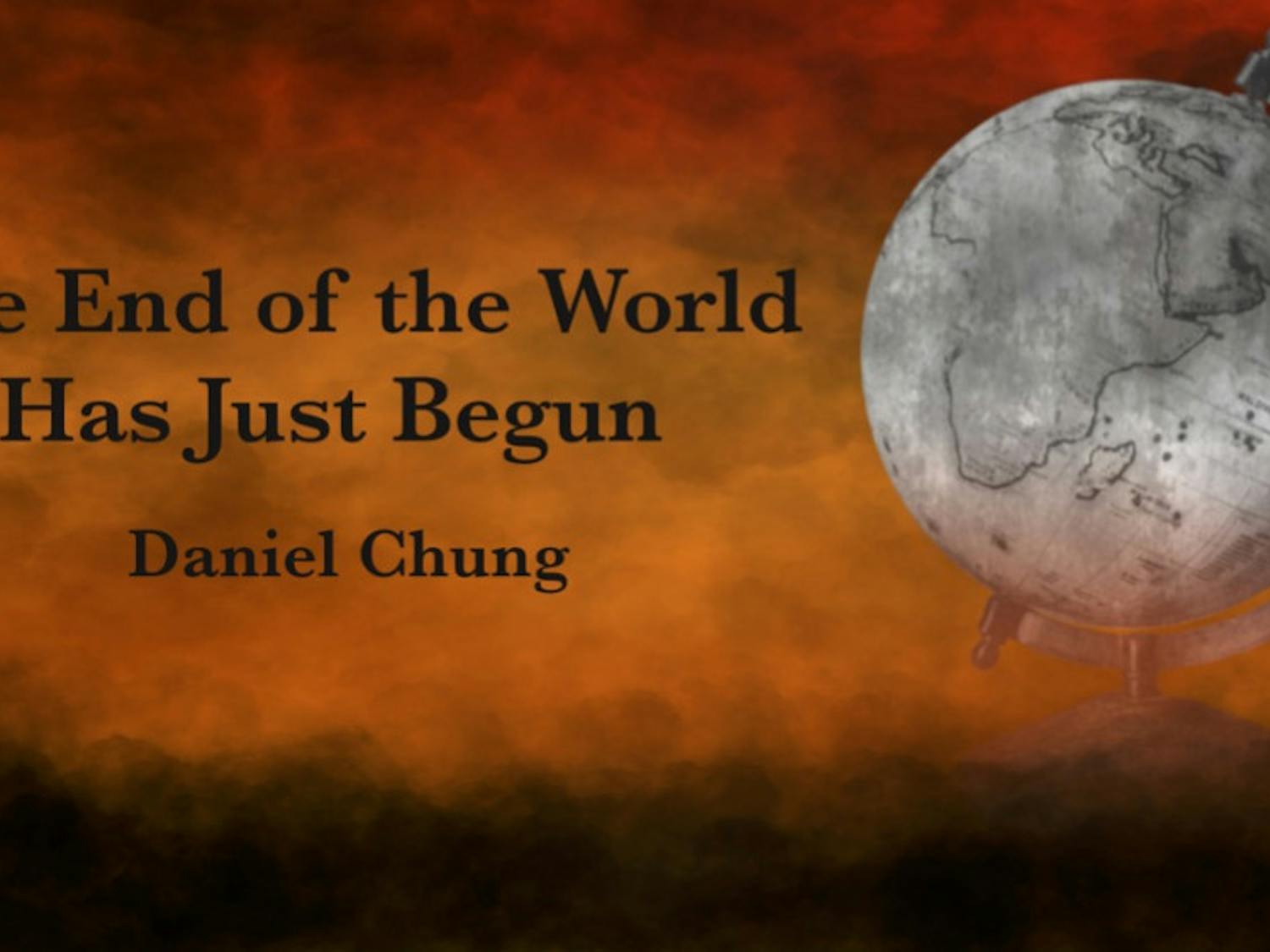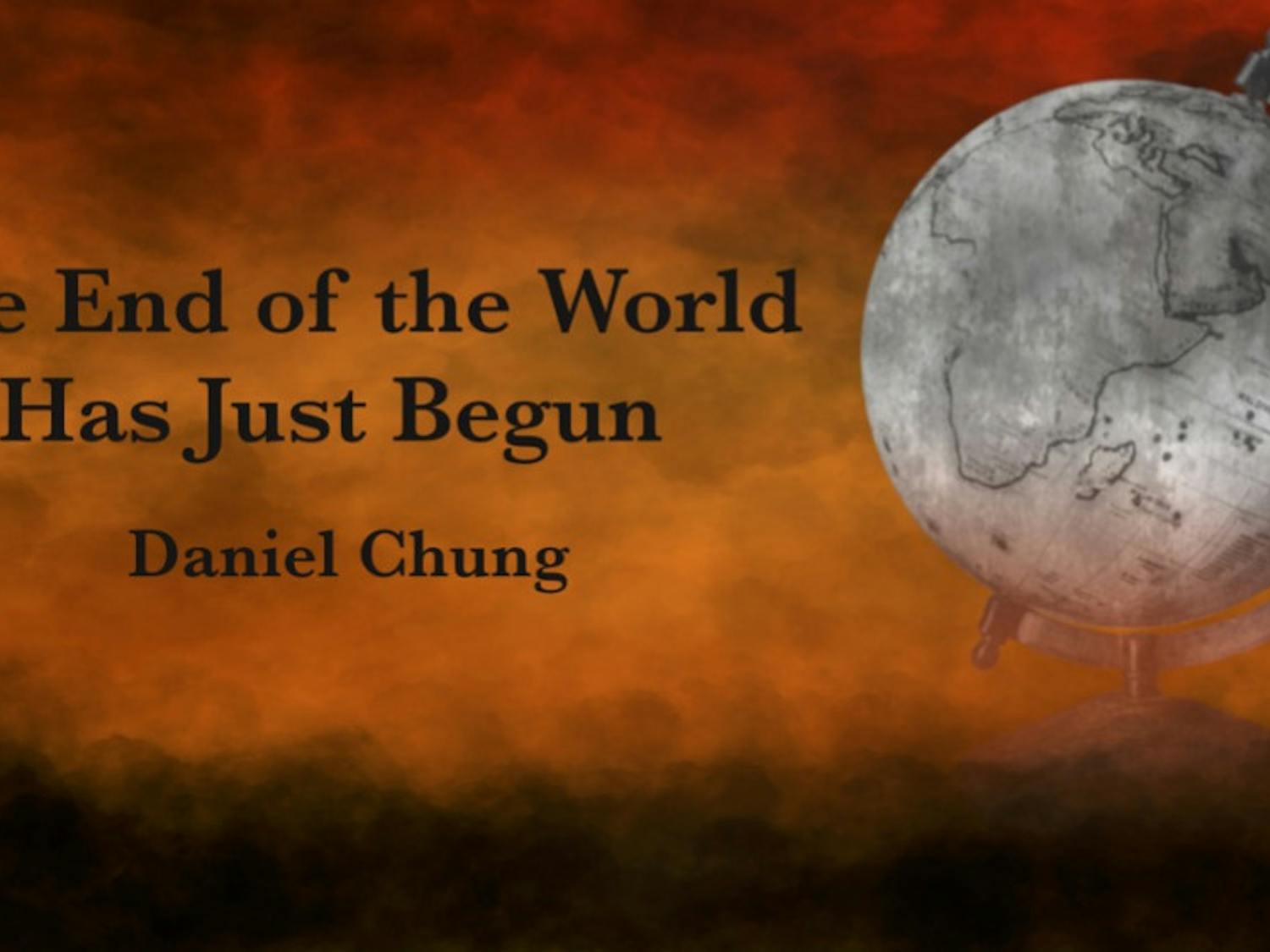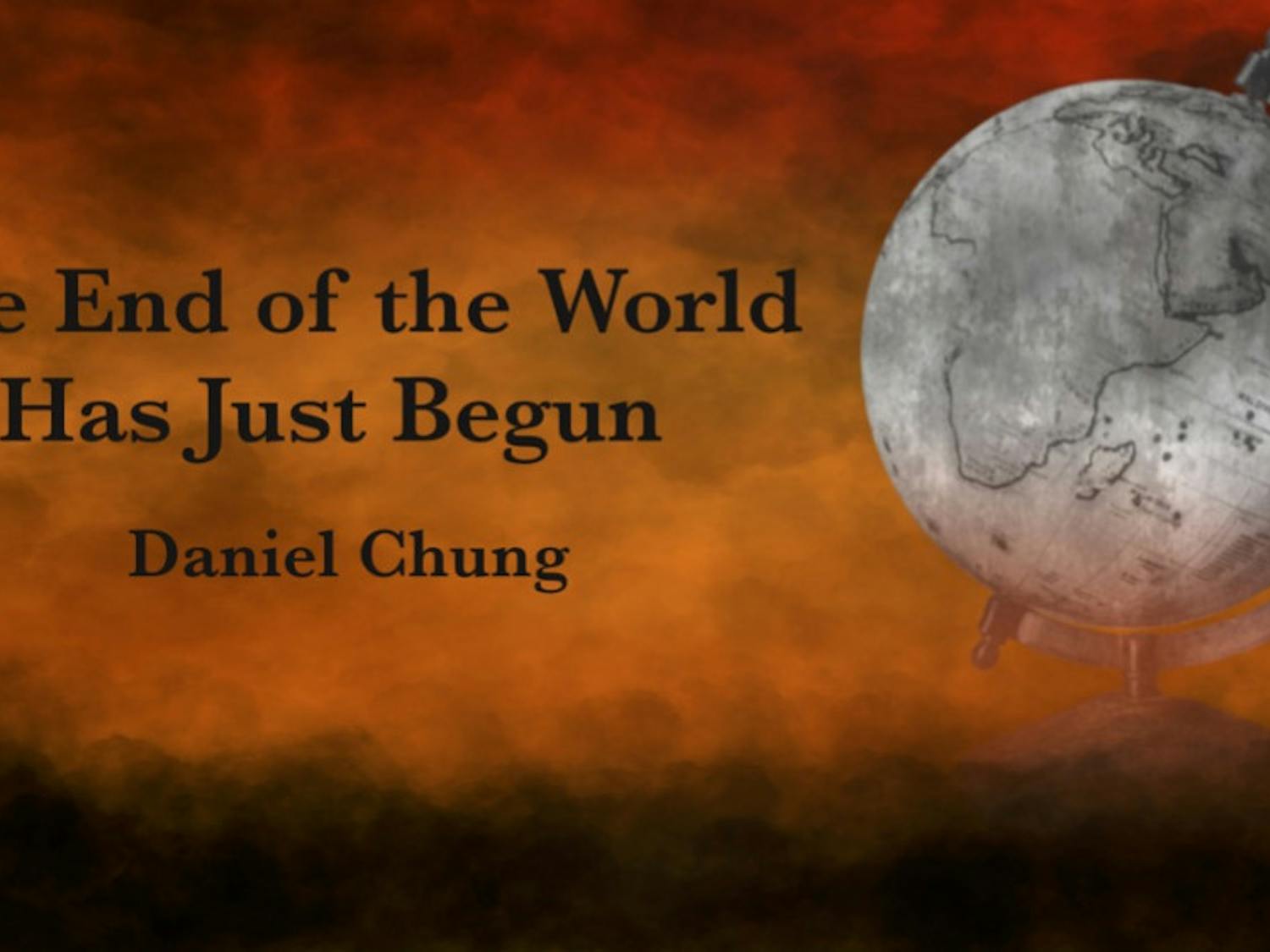Education as reorientation
By Daniel Chung | May 13When I arrived at Tufts in 2021, I knew who I was and what I wanted. When I introduced myself across countless icebreakers that fall, I made sure to let anyone and everyone know that I was here to major in international relations and minor in economics, aiming to work in a think tank after I graduated to be close to the political world. This confidence, at the time, seemed well justified. After all, since middle school, I had maintained a passionate interest in Model UN as a vehicle by which I could learn about international affairs and diplomacy, and in my International Baccalaureate program, I regarded my classes as preparation for delving deeper into international relations.












